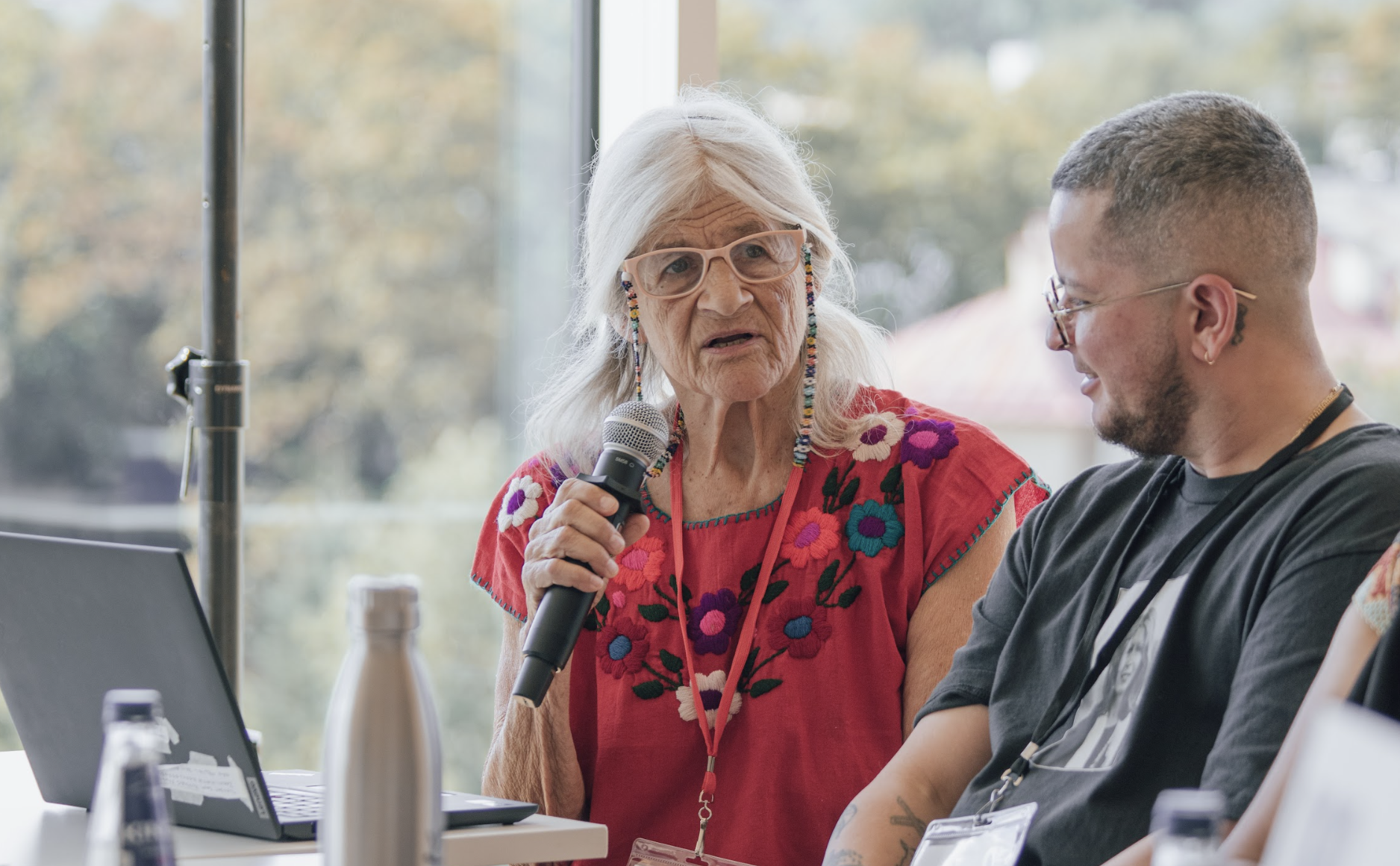Breaking barriers, defending women’s voices: PEN International’s Women Writers Committee
Image Credit: Daria Krotova
PEN International’s Women Writers Committee (WWC) exists to ensure that women’s voices are heard, protected, and celebrated across the globe. Since its inception in 1991, the Committee has worked to defend women writers facing censorship, harassment, imprisonment, or even death for exercising their right to free expression. It also strives to promote the visibility of women’s writings across cultures and to strengthen global solidarity through the shared power of words.
Why a Women Writers Committee?
Women writers continue to face disproportionate barriers to freedom of expression. These range from state censorship and online harassment to exclusion from literary spaces. The WWC provides a vital platform to:
Defend women writers at risk
Advocate for equity and representation in literature
Promote the work of women authors internationally
Connect PEN Centres to collaborate on women’s rights and free expression
By uplifting women’s stories, the Committee reinforces PEN International’s wider goal: defending freedom of expression for all.
Its mission is to:
Highlight the cases of women writers on PEN International’s Case List
Provide visibility to women’s voices through campaigns and literary initiatives
Connect PEN Centres worldwide for joint campaigns, exchanges, and solidarity actions
Address the intersections of gender with pressing global issues, from human rights to the climate crisis
Origins and early work
The WWC was officially established as a Standing Committee of PEN International during its Congress in Vienna, 1991, with author and activist Meredith Tax (PEN America) elected as its first chair. Its founding reflected a growing recognition that women’s perspectives, particularly those silenced by repression, needed a stronger voice within PEN’s global advocacy.
The Committee’s first case highlighted the urgency of its mission: Egyptian writer and activist Nawal El Saadawi, whose NGO focusing on women’s rights was forcibly shut down and whose publication Noun (Al-Nūn) was banned by the government. Since then, the WWC has taken action on cases of women writers persecuted across the world. Among the many high-profile cases it has supported are: Taslima Nasrin (Bangladesh), Nadire Mater (Türkiye), Martha Beatriz Roque (Cuba), Gao Yu (China), Pussy Riot members (Russian Federation), Regina Martínez Pérez (Mexico), Narges Mohammadi (Iran), and most recently, Pınar Selek (Türkiye) and Amanda Echanis (Philippines). Each case reflects broader struggles against authoritarianism, gender-based violence, and the silencing of dissent.
Advocacy and initiatives
Beyond urgent appeals, the WWC has long promoted the creative work of women who have faced repression. It has published texts by imprisoned or threatened women writers, organised international events and panel discussions, and participated in sessions of the UN Commission on the Status of Women
The Committee has also sought to amplify recognition for women’s writing through literary prizes and initiatives such as Know Her Words, which highlights the stories of women authors across the PEN movement.
Most recently, the Committee played a leading role in expanding PEN International’s advocacy agenda by proposing two landmark resolutions, both adopted at PEN’s 91st Congress in Krakow, Poland (2025): the PEN International Resolution on Gender Diversity Justice and the PEN International Resolution on Climate Justice. These demonstrate the Committee’s commitment not only to defending women writers, but also to addressing the intersections of gender, justice, climate, and urgent global challenges.
A lasting commitment
From its earliest defence of Nawal El Saadawi to its most recent resolutions on gender-based rights and climate, the WWC has stood at the forefront of defending freedom of expression for women everywhere. Its work underscores a simple but urgent truth: when women’s voices are silenced, freedom of expression is diminished for all.
Note to Editors:
For more information and media queries, please contact Sabrina Tucci, PEN International Communications and Campaigns Manager, [email protected]

